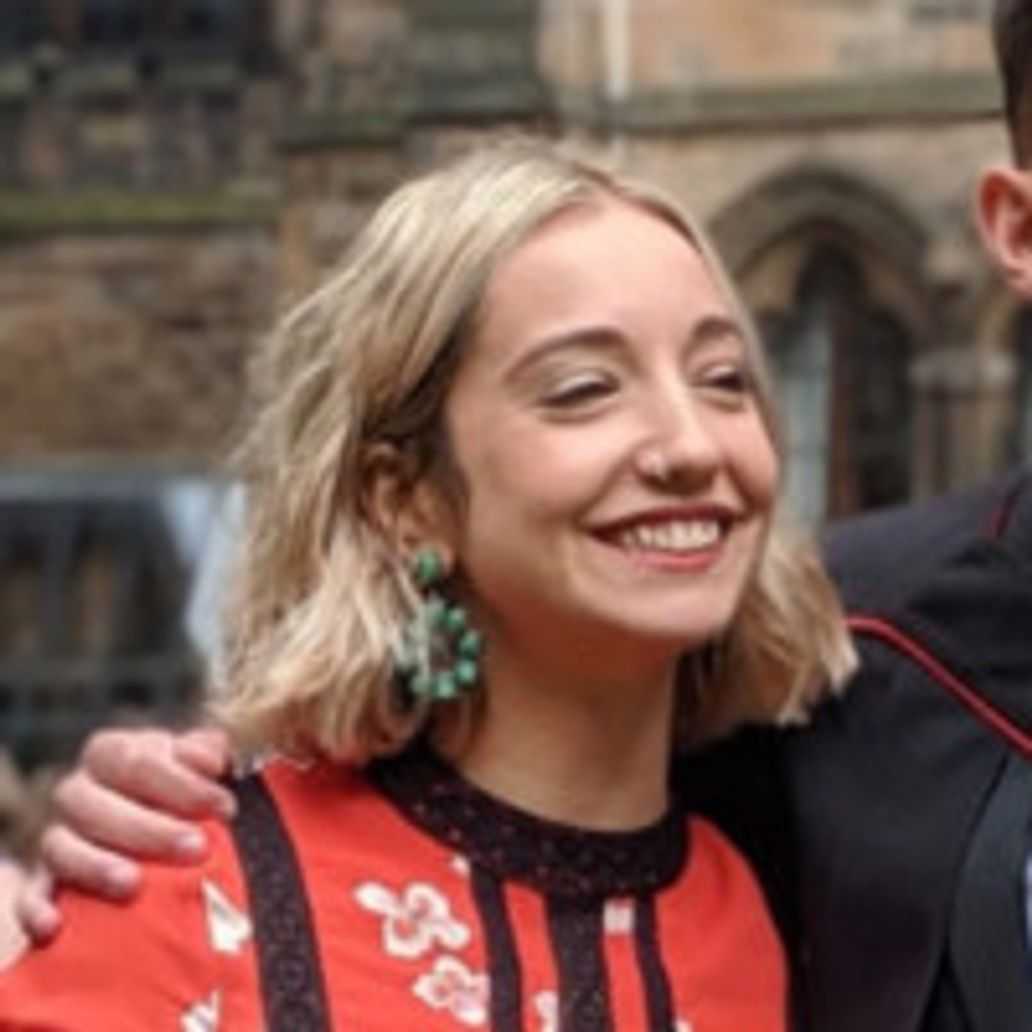March 2020 Blog - It's Time for Equal Power and Representation for Women in all our Diversity
In this challenging political climate only 34% of our MPs and 35% of local councillors in England are women.
14 Mar 2020
By Hannah Swirsky, Campaigns Coordinator for the Centenary Action Group.
In this challenging political climate only 34% of our MPs and 35% of local councillors in England are women.
People who identify as ethnic minority, disabled or LGBT+, especially women within these groups, are less likely to participate in, and be represented at all levels of politics and public life.
The political gender gap means that politics is missing out on the talent of women in all their diversity and that laws and policies governing our lives do not always reflect the needs of the entire population.
This is why Helen Pankhurst, great-granddaughter of suffragette Emmeline, set up the Centenary Action Group (CAG), a coalition of women’s rights organisations, activists and politicians working to improve women’s political participation at all levels of politics.
Why do we need more women in Parliament?
More women in parliament would mean more understanding of the very real issues many women in the country face today. It is no coincidence that women still face issues in the workplace such as pregnancy discrimination, sexual harassment and unequal pay, and are known to be hardest hit by public sector cuts.
Given that 51% of population is female, the question should really be – why aren’t there more women in politics?
Women who participate in politics and public life face both online and offline abuse, which disproportionality affects women with intersecting identities. Online abuse prevents women and girls from accessing relevant information, expressing their opinions and participating in public debates.
The situation is particularly concerning with regards to the Gypsy, Traveller and Roma communities as the widespread online abuse facing Gypsy, Traveller and Roma people often goes unchallenged.
Voices of Gypsy, Roma and Traveller Women
CAG’s mission is to eradicate the barriers that prevent a diverse range of women from taking part in the decisions that affect their lives.
In England and Wales, Gypsies and Irish Travellers make up 0.1% of the total population. However, there are no Parliamentarians or Councillors, either male or female, who identify as Gypsy, Roma or Traveller.
Without representation, the needs of the community go unmet and their voices unheard.
Indeed, a report by the Women and Equalities Committee last year concluded that there had been a persistent failure by national and local policy makers to tackle long standing inequalities facing Gypsy, Roma and Traveller communities in any sustained way.
Such persistent inequalities have had fatal consequences as studies have found Gypsy and Traveller communities to have a lower life expectancy (over 10% less) than the general population.
According to the National Traveller Women’s Forum:
“gender roles are clearly divided in the Traveller with distinct divisions between experiences, expectations, decision-making authority and the sense of value associated with each sex. In the main, and undoubtedly with exceptions, men are the dominant grouping, with more access to power, control decision-making authority. However, this is a changing dynamic and the increased number of Traveller women in voluntary work, paid employment and education is having a positive effect on the choices and experiences of Traveller women.”
This changing dynamic is highlighted by Traveller Movement, which notes that Gypsy & Traveller women often take on leadership roles and act as spokespersons for their communities. Advocating for educational rights of Traveller children and campaigning on laws related to domestic abuse are two recent examples of this.
As with any community, particularly those that experience marginalisation, it is vital that women are involved in decision-making and their perspectives considered.
At CAG, we want to harness the voices of these women and empower them to get more involved in politics and community activism.
Equal Power – Sign Up Now
Equal Power is a ground-breaking campaign to transform women’s representation, and get more women elected as MPs and councillors across England, as well as leading change in their local communities.
This three-year project is led by The Fawcett Society in partnership with Centenary Action Group, Citizens UK, Glitch UK, 50:50 Parliament, Muslim Women’s Network and The Parliament Project. Our Equal Power campaign is running in Greater Manchester, London and Birmingham and the West Midlands.
Together, we offer extensive training on standing for election and active citizenship, as well as peer support circles and digital resilience to tackle online abuse. We are also campaigning to tear down the barriers that stop women from standing for election.
Targeted ‘overcoming barriers’ sessions are run by Muslim Women’s Network UK, and will help BAME women, who can face multiple forms of discrimination, stand for election.
You can sign up to free half day workshops in London, Manchester and the West Midlands here.